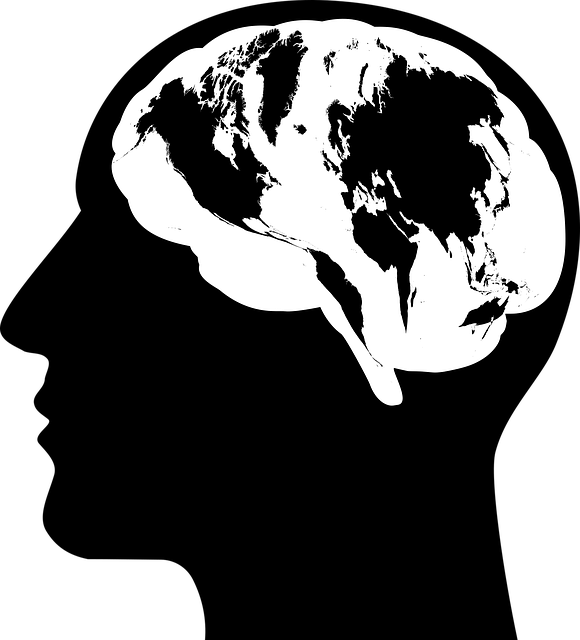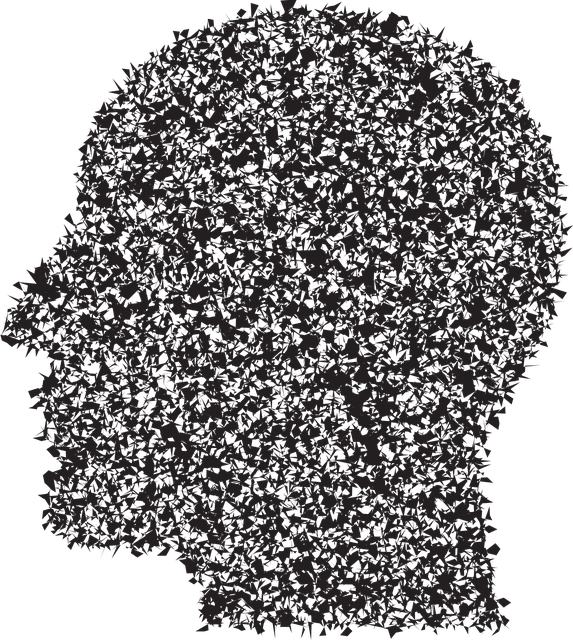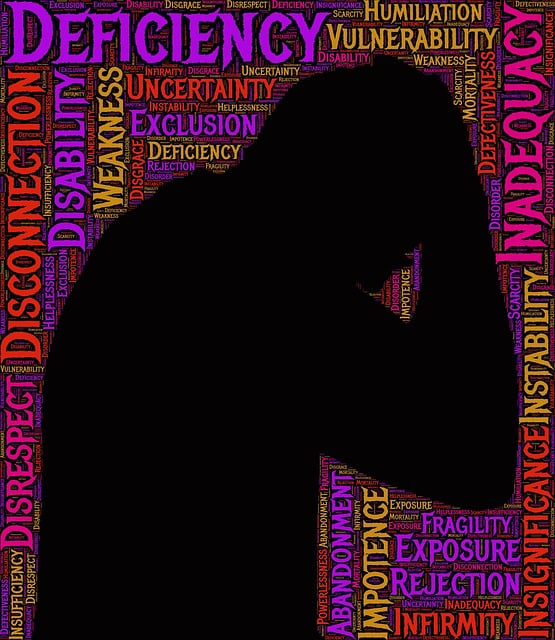The Broomfield Russian Speaking Therapy approach is a revolutionary method that overcomes cultural barriers in mental illness diagnosis for Russian-speaking communities by integrating culturally sensitive techniques. This strategy enhances communication, builds trust, improves diagnostic accuracy, and promotes effective emotional well-being techniques. Through combining traditional and alternative assessment methods, healthcare providers offer more holistic, personalized care. Early intervention through community outreach programs, led by professionals like those at Broomfield Russian Speaking Therapy, increases mental health awareness and encourages individuals to seek help sooner.
Mental illness diagnosis accuracy is a critical aspect of effective treatment. This article explores innovative efforts to improve diagnostic accuracy, focusing on cultural barriers and tailored approaches like the Broomfield Russian Speaking Therapy. We delve into alternative assessment methods, enhanced training for healthcare professionals, and community outreach programs promoting early intervention. By integrating these strategies, we aim to ensure more precise diagnoses, ultimately improving patient outcomes.
- Understanding Cultural Barriers to Diagnosis: The Broomfield Russian Speaking Therapy Approach
- Integrating Alternative Assessment Methods for Accurate Mental Health Diagnoses
- Enhancing Training and Education for Healthcare Professionals in Diagnosis Accuracy
- Promoting Early Intervention through Community Outreach Programs
Understanding Cultural Barriers to Diagnosis: The Broomfield Russian Speaking Therapy Approach

Understanding Cultural Barriers to Diagnosis is a vital aspect of enhancing mental illness diagnosis accuracy. One innovative approach, the Broomfield Russian Speaking Therapy, addresses challenges faced by individuals from Russian-speaking backgrounds who may experience barriers in accessing and communicating about their mental health needs due to language and cultural differences. This therapy model recognizes that mental health issues often manifest differently across cultures and that traditional Western diagnostic methods might not always resonate with non-Western perspectives on well-being.
By employing culturally sensitive techniques, such as incorporating elements of Russian culture and language into therapy sessions, the Broomfield Russian Speaking Therapy Approach facilitates open communication and builds trust between therapists and clients. This tailored method promotes emotional well-being promotion techniques that are both effective and accessible to this specific demographic, contributing significantly to mental health awareness and burnout prevention within these communities.
Integrating Alternative Assessment Methods for Accurate Mental Health Diagnoses

In an effort to enhance mental health diagnosis accuracy, integrating alternative assessment methods has emerged as a game-changer. Traditional diagnostic practices often rely heavily on patient self-reporting and standardized questionnaires, which may not always capture the nuanced complexities of mental illness. This is where innovative approaches like those offered by Broomfield Russian Speaking Therapy come into play. By incorporating techniques tailored to diverse cultural backgrounds, this therapy ensures that assessments are more inclusive and effective. For example, therapists can employ dynamic, conversation-based methods to uncover underlying emotional patterns and triggers, complementing traditional tools.
This multifaceted strategy not only improves diagnostic precision but also promotes better patient engagement and understanding. Moreover, focusing on alternative assessment methods can facilitate earlier identification of mental health issues. This is particularly crucial in addressing conditions like burnout prevention and mood management, where early intervention can significantly impact long-term emotional regulation. By combining traditional and alternative techniques, healthcare providers can create a more holistic and personalized approach to diagnosis and treatment planning.
Enhancing Training and Education for Healthcare Professionals in Diagnosis Accuracy

Improving diagnosis accuracy for mental illnesses requires a comprehensive approach, one key area being the enhancement of training and education for healthcare professionals. This involves ongoing workshops, seminars, and advanced courses focused on equipping practitioners with the latest research, techniques, and tools for accurate assessment and diagnosis. Integrating diverse therapeutic modalities, such as those offered by Broomfield Russian Speaking Therapy, can provide a broader understanding of cultural nuances and unique presentation styles associated with various mental health conditions.
By emphasizing evidence-based practices, healthcare professionals can develop enhanced skills in mood management and positive thinking techniques, which are fundamental for accurate diagnosis. Moreover, fostering an environment that encourages open dialogue about Mental Health Policy Analysis and Advocacy ensures that best practices are not only implemented but also continually updated based on emerging research and community needs.
Promoting Early Intervention through Community Outreach Programs

Early intervention is a critical component in improving mental illness diagnosis accuracy and overall patient outcomes. Community outreach programs play a pivotal role in this strategy by increasing awareness about mental health issues and breaking down barriers to access quality care. These initiatives, often led by trained professionals like those at Broomfield Russian Speaking Therapy, aim to educate communities on the signs and symptoms of various mental disorders. By fostering open dialogues about emotional well-being, these programs encourage individuals to seek help sooner rather than later.
Promoting early intervention further involves equipping community members with coping skills development resources and stress management techniques. Through workshops, support groups, and one-on-one counseling sessions, individuals learn effective emotional healing processes tailored to their unique experiences. Such proactive measures not only benefit the affected individuals but also strengthen the overall resilience of the community.
Mental illness diagnosis accuracy has seen significant advancements through innovative approaches like the Broomfield Russian Speaking Therapy, which tackles cultural barriers head-on. Integrating alternative assessment methods, enhancing healthcare professional training, and promoting early intervention through community outreach programs further streamline accurate diagnoses. By adopting these strategies, we can ensure more effective mental health care for diverse communities, ultimately improving overall well-being.














